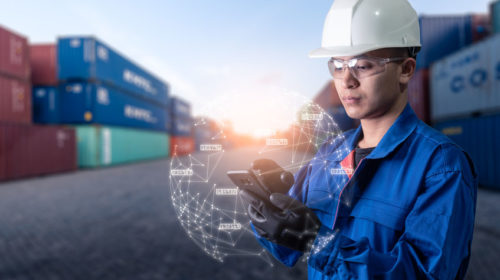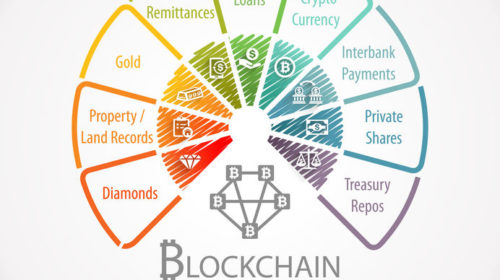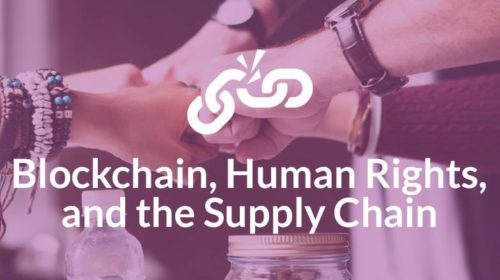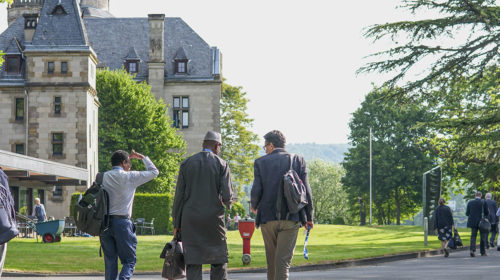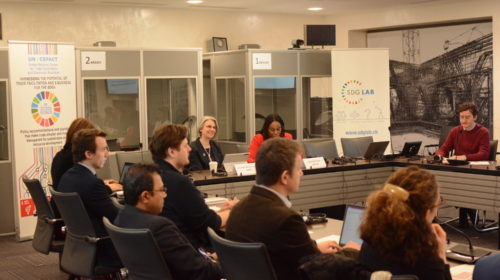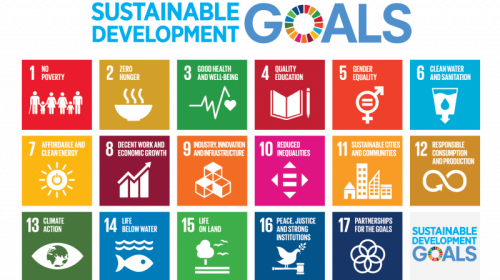Supply chain use cases for Blockchain apply from the origin of monitoring and verification of manufacturing or production, Inventory management & asset tracking, vendor payments to regulatory audit & security functions and its application to the food, pharmaceuticals, automobile and several other industries. In today’s world, supply chain involves large networks of disparate partners that need to manage through complexity of diverse digital distribution models and global networks. The Blockchain technology is ideally suited for establishing a shared, immutable record of all the transactions that take place within a network,…
Category: Partnerships to achieve the Goal
Blockchain for Governments
While some government officials are still in a wait-and-see mode, others see significant advantages in moving ahead now with what they see as immediate solutions and innovative technology implementations that may pay off in the long run. There are many examples of use cases across countries including: the European Union (EU – anti-counterfeiting), Estonia (Digital Government), US (FDA, DHS, HHS, GSA – security, anti-counterfeiting), China (Payments), India (Payments, Land Registry), Switzerland (Identity), Denmark (Voting), Dubai (Digital Government), Georgia (Land Registry), Gibraltar (Stock Exchange), and many more (Woods, 2018). Besides these…
Blockchain, Human Rights, and the Supply Chain
By: Laura Marissa Cullell Marketing & Operations Officer How much do you know about the products you use or buy on a regular basis? Or where your cell phone parts come from? What about the people who made them? Or What materials were used and wasted? The journey of a product is long and vast, and goes through several distributors, third parties, storage facilities, suppliers that handle anything from design, to sales, and productions. A product passes through so many different stages, and hands before making it onto store shelves. It’s…
The UNSSC Knowledge Centre for Sustainable Development Bonn, Germany
With the support from the Federal Government of Germany the United Nations System Staff College opened the “Knowledge Centre for Sustainable Development” on 1 January 2016 in Bonn. The Centre was established to equip the UN and its partners with the knowledge, skills, and behaviours to implement the 2030 Agenda for Sustainable Development as well as the Paris Agreement under the United Nations Framework Convention on Climate Change. The Centre supports policy and operational work of the UN through the development of learning tools, platforms for interaction and a mature set…
UNECE and SDG Lab facilitate UN inter-agency exchange on blockchain for the SDGs
Blockchain, a form of Distributed Ledger Technology, is providing new frontiers of innovation for sustainable development through decentralized authentication processes secured by cryptography. Blockchain technologies have developed rapidly over the last few years and have the potential to transform fundamental mechanisms that define the economy. Many UN agencies have seen the potential of this technology and are exploring how it can help achieve different outcomes to support implementation of the 2030 Agenda. It is therefore opportune for inter-agency actors in this space to connect and engage together, share their experiences…


